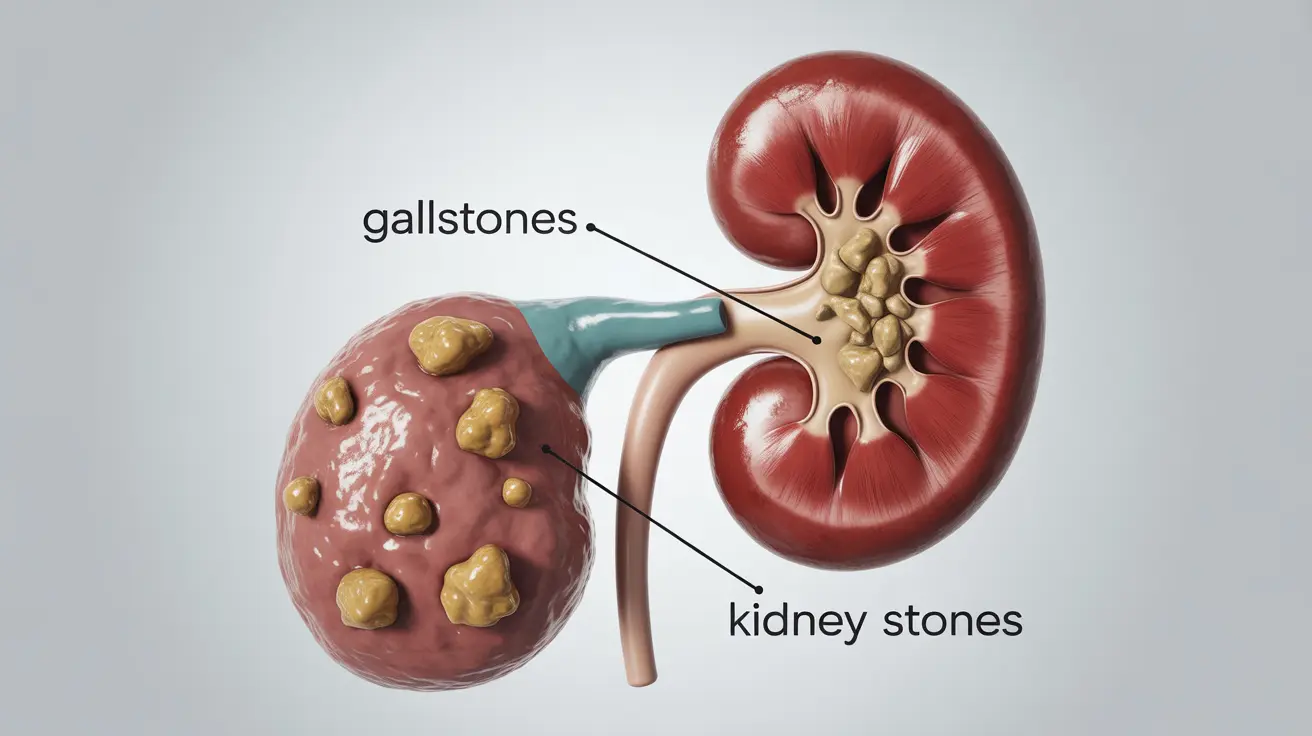Asparagus stands out as one of nature's most nutritionally dense vegetables, offering an impressive array of health benefits that make it a valuable addition to any diet. This versatile green vegetable has been prized for centuries, not only for its distinct flavor but also for its remarkable impact on overall wellness.
From supporting heart health to aiding in weight management, asparagus delivers a powerful combination of vitamins, minerals, and beneficial compounds that contribute to better health. Let's explore the many ways this extraordinary vegetable can enhance your well-being.
Nutritional Profile and Key Benefits
Asparagus is packed with essential nutrients while being incredibly low in calories. Each serving provides:
- Folate
- Vitamin K
- Vitamin C
- Vitamin A
- Potassium
- Fiber
- Antioxidants
These nutrients work together to support various bodily functions and promote optimal health. The combination of vitamins and minerals makes asparagus particularly valuable for maintaining cellular health and supporting immune function.
Weight Management and Metabolic Health
Asparagus proves to be an excellent choice for those looking to manage their weight effectively. With only 20 calories per half-cup serving, it offers substantial nutritional benefits without compromising calorie goals. The high fiber content helps promote satiety, reducing overall calorie intake naturally.
The vegetable's unique combination of nutrients also supports healthy metabolism by:
- Providing B vitamins for energy production
- Offering protein for muscle maintenance
- Supporting blood sugar regulation
- Promoting healthy digestion
Urinary Health and Natural Cleansing
Asparagus contains natural compounds that act as gentle diuretics, supporting kidney function and urinary health. These properties can help flush out excess fluids and toxins from the body, potentially reducing the risk of urinary tract infections.
Pregnancy and Fetal Development Support
Pregnant women can particularly benefit from including asparagus in their diet. The high folate content is crucial for:
- Proper fetal neural tube development
- Reducing the risk of birth defects
- Supporting maternal blood cell formation
- Maintaining healthy pregnancy progression
Heart Health and Antioxidant Protection
The fiber and antioxidant content in asparagus provides significant cardiovascular benefits. Regular consumption may help:
- Lower blood pressure
- Reduce inflammation
- Support healthy cholesterol levels
- Protect against oxidative stress
Frequently Asked Questions
What are the health benefits of eating asparagus regularly?
Regular asparagus consumption provides numerous health benefits, including improved digestion, enhanced heart health, better weight management, and stronger immune function. Its high nutrient content supports overall wellness while being low in calories.
How does asparagus help with weight management and reducing calorie intake?
Asparagus aids weight management through its low calorie content (20 calories per serving) and high fiber content, which promotes feelings of fullness. Its nutrients also support healthy metabolism and natural body processes.
Can asparagus prevent or treat urinary tract infections (UTIs)?
While asparagus has natural diuretic properties that can help flush the urinary system, it should not be considered a primary treatment for UTIs. However, its compounds may help support overall urinary health and potentially reduce infection risk.
Is asparagus safe during pregnancy, and what are its benefits for fetal development?
Asparagus is not only safe but highly beneficial during pregnancy. Its high folate content is essential for proper fetal development, particularly in preventing neural tube defects. It also provides important nutrients for maternal health.
How does the high fiber and antioxidant content in asparagus support heart health?
The fiber in asparagus helps maintain healthy cholesterol levels, while its antioxidants protect against inflammation and oxidative stress. Together, these components support cardiovascular health and may help reduce the risk of heart disease.




